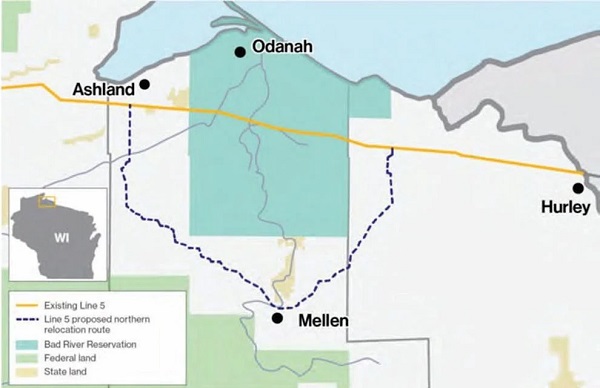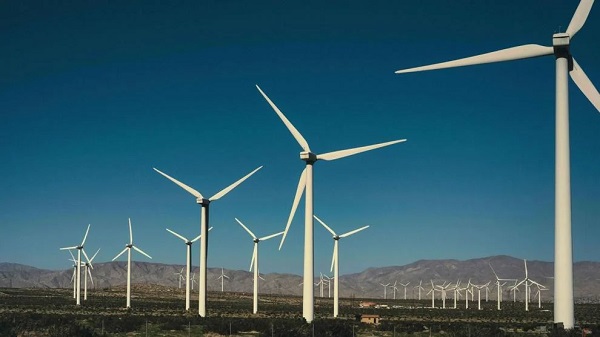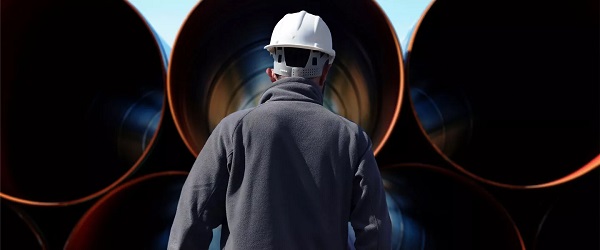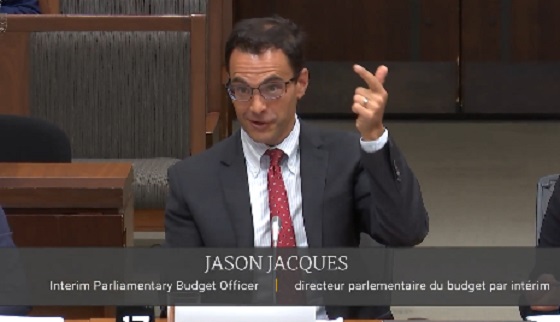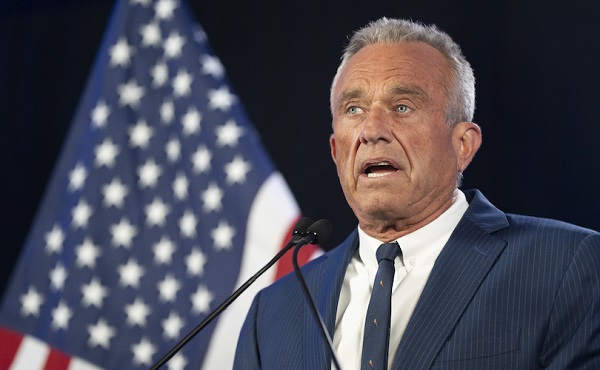From The Center Square
By Jon Styf
A series of challenges to permits and approvals for a new 41-mile section of Enbridge’s Line 5 pipeline will take place starting Aug. 12 and running through Oct. 3.
Enbridge has proposed the 41-mile section to replace a 12-mile section of the pipeline through the Bad River Reservation in northern Wisconsin. The Bad River Band of Lake Superior Chippewa Indians filed a 2019 lawsuit to have the pipeline moved and is challenging approvals to the reroute by the Wisconsin Department of Natural Resources.
The challenge says that the reroute will be damaging to wetlands and waterways in the region.

Opening statements and public testimony begin at 9 a.m. on Aug. 12 at Northwood Technical College Conference Center in Ashland.
Public testimony will continue on Sept. 3 at Hill Farms State Office Building in Madison. Individuals must sign up to speak on Aug. 12.
Midwest Environmental Advocates and Clean Wisconsin will then present their case on from Sept. 4-12 in Madison at the same building before the Bad River Band presents its case Sept. 15-19 in Ashland.
“The construction project—which would stretch for more than 40 miles, cross nearly 200 waterbodies and impact over 100 wetlands—would cause significant long-term harm to the wetlands and waterways that will be impacted by trenching, drilling, and backfilling,” the groups challenging the permits said in a statement. “It will violate the Bad River Band’s water quality standards, and may damage downstream wild rice beds that are a cornerstone of the Band’s identity and culture.”
Enbridge will present its case Sept. 22-26 in Madison before the DNR presents its case Sept. 29-Oct. 3 in Madison.
“After five years of extensive public review and input, the 41-mile Line 5 Wisconsin Segment Relocation Project is already the most-studied pipeline project in state history,” Enbridge said in a statement. “The thorough Wisconsin permitting process resulted in a comprehensive Environmental Impact Statement (EIS) and allowed the WDNR to identify mitigation measures that ensure the project’s impacts are minimal.
“We believe the record provides ample evidence on which the administrative law judge (ALJ) can affirm the WDNR’s permit decisions.”
